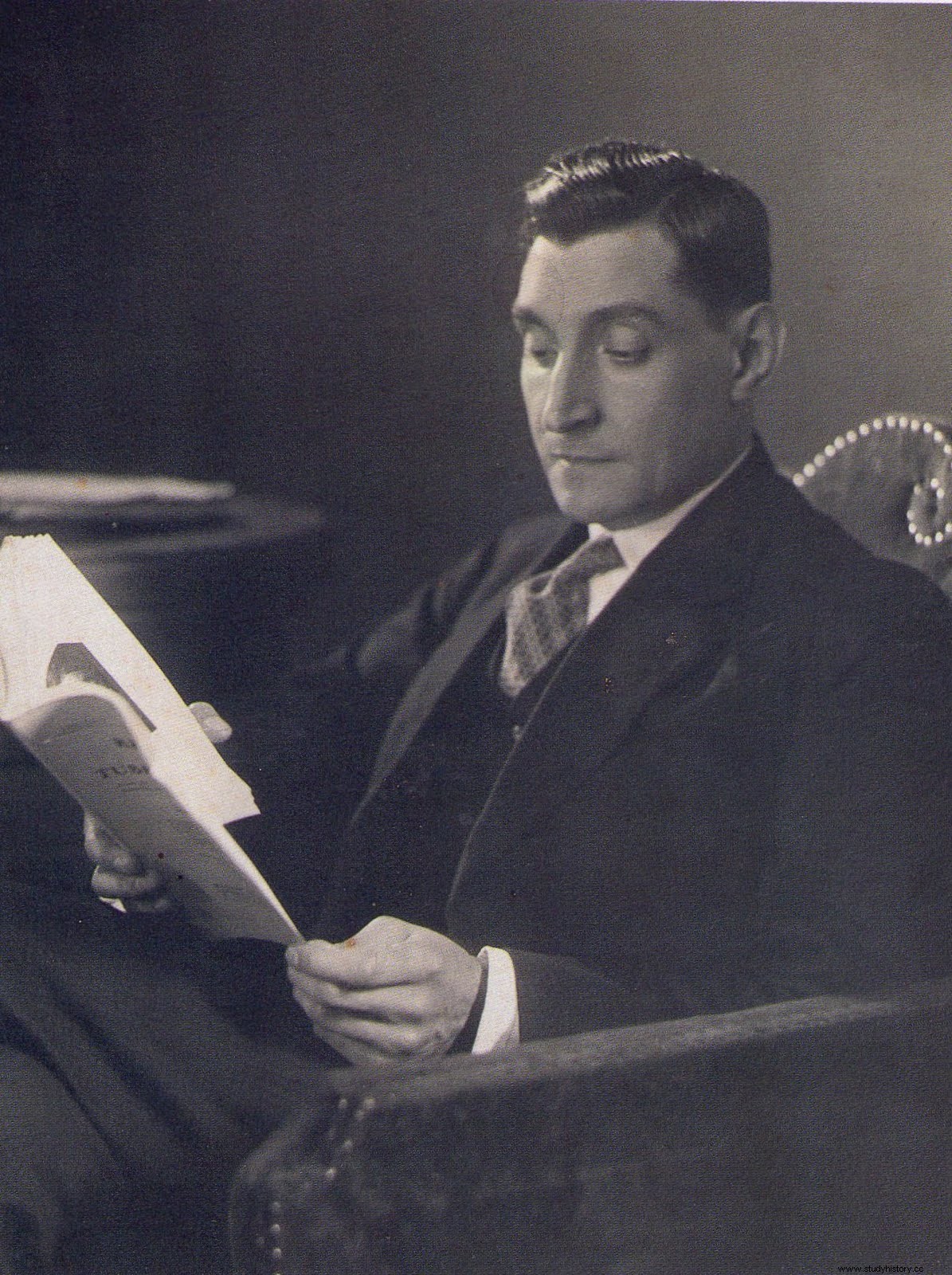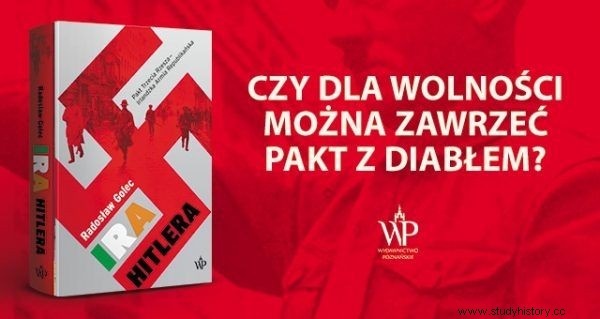Indescribable joy or ... depression. Indifference, a sense of emptiness, and even deep despair. The suicide of Adolf Hitler triggered extreme emotions in the inhabitants of our continent. What about the rule of Europe in a war-ruined Europe? There were also those that expressed their condolences to the Third Reich.
On April 30, 1945, at 3.30 p.m., in an underground bunker under the ruins of the Reich Chancellery, in Berlin, which was stormed by the Red Army, Adolf Hitler, the dictator of Nazi Germany, committed suicide. One of the greatest criminals in the history of the world, escaping from the responsibility incumbent on him, shot himself in the temple. Taking the poison, his long-time lover, and for several hours his wife, Ewa Braun, also took her life. Both bodies were taken to the garden of the Chancellery, doused with gasoline and set on fire.
When the news of the Fuhrer's suicide began to spread more and more, it was met with extreme reactions. Even among the citizens of the Third Reich, there were various camps. Some ordinary Germans were shocked by his death. There were even more cases of self-abuse. Others celebrated it, for example in Berlin besieged by the Red Army, going out into the streets and shouting:"Hitler is dead, the end of the war!".
We are so sorry that Hitler hit his head?
However, there were countries in Europe where the death of Adolf Hitler did not arouse such delight. This applies, for example, to formally neutral Portugal, ruled by the pro-fascist dictator António de Oliveira Salazar, which made a fortune from trading with Germany (mainly tungsten).

Condolences after Hitler's death were made, among others, by the Portuguese dictator António de Oliveira Salazar, who made a real fortune from trading with the Third Reich.
According to cautious data, it gained over 300 tons of gold, including from the robbery carried out by the Nazis in Europe. Perhaps for this reason the head of state announced a two-day national mourning nationwide for the death of the leader of the Third Reich.
The Irish Prime Minister Eamon de Valera, who on 3 May hurried to the German legation in Dublin, also behaved in a surprising way. On the hands of the German ambassador, Eduard Hempel, he expressed his condolences on the death of Hitler. This was shocking to world public opinion because, as he wrote in his book , "Hitler's IRA. Pact Third Reich - Irish Republican Army ”Radosław Golec:
none of the leaders dared to pay an official tribute to the man who was responsible for the death of tens of millions of Europeans and the destruction of the wealth of many generations.
The more so because - as the author further emphasizes - "when Roosevelt died on April 12, 1945, de Valera limited himself to sending a telegram to the new US president, Truman, in which he described his predecessor as" a great man and a noble leader "."

The text is based on the book by Radosław Golec "IRA Hitler", which was published by Wydawnictwo Poznańskie
It should not be forgotten that Ireland, formally still the British dominion, declared neutrality during the war. In the eyes of the British, it sounded like a betrayal. The Germans took advantage of this attitude eagerly. Hempel developed friendly relations with IRA leaders, and German agents roamed the island.
Ultimately, Prime Minister de Valera was forced to explain his actions. He justified himself with ... considerations of the diplomatic protocol. The disgust, however, remained and he was reminded of the matter for the rest of his life.
Learn the story of the strangest alliance of World War II:

